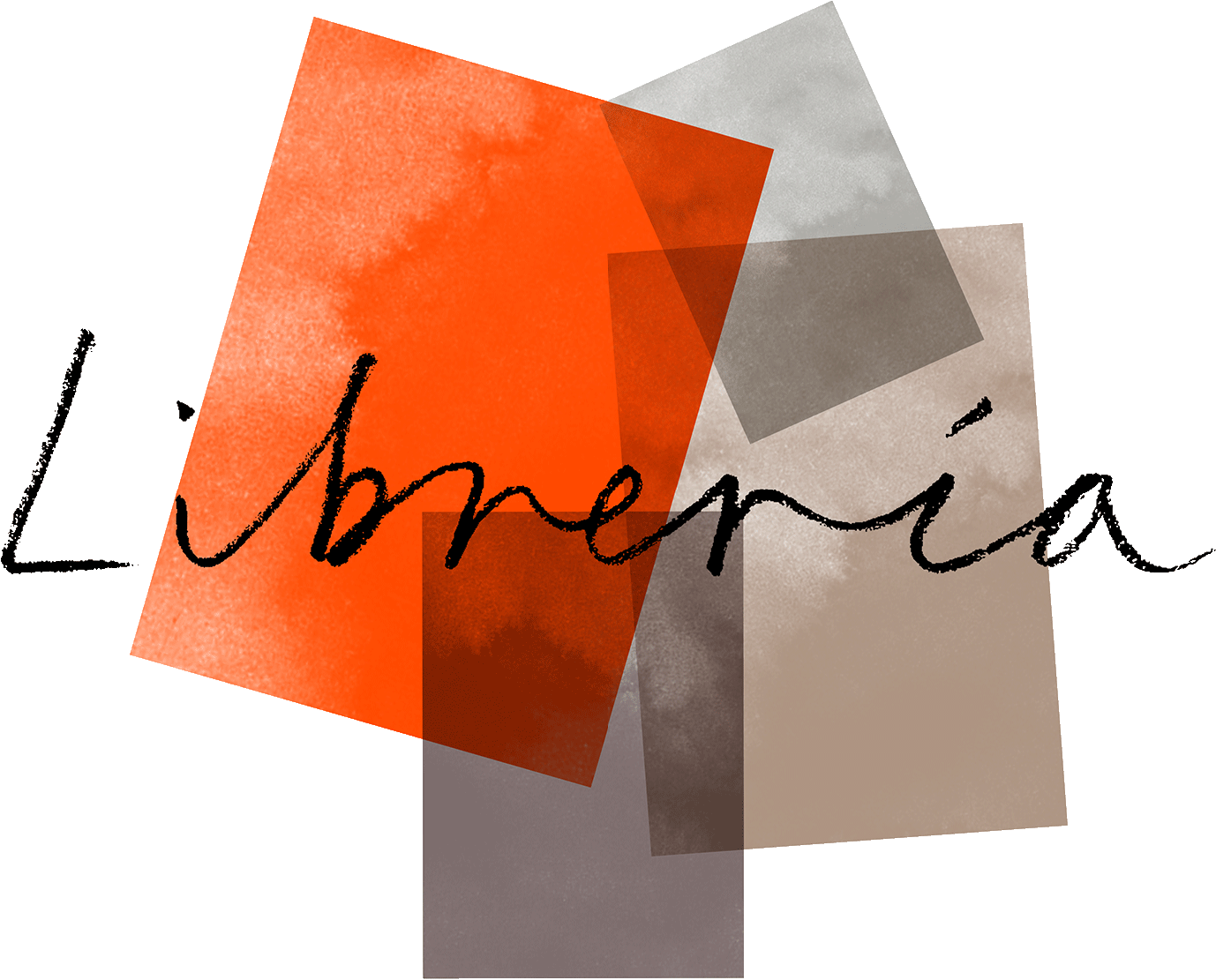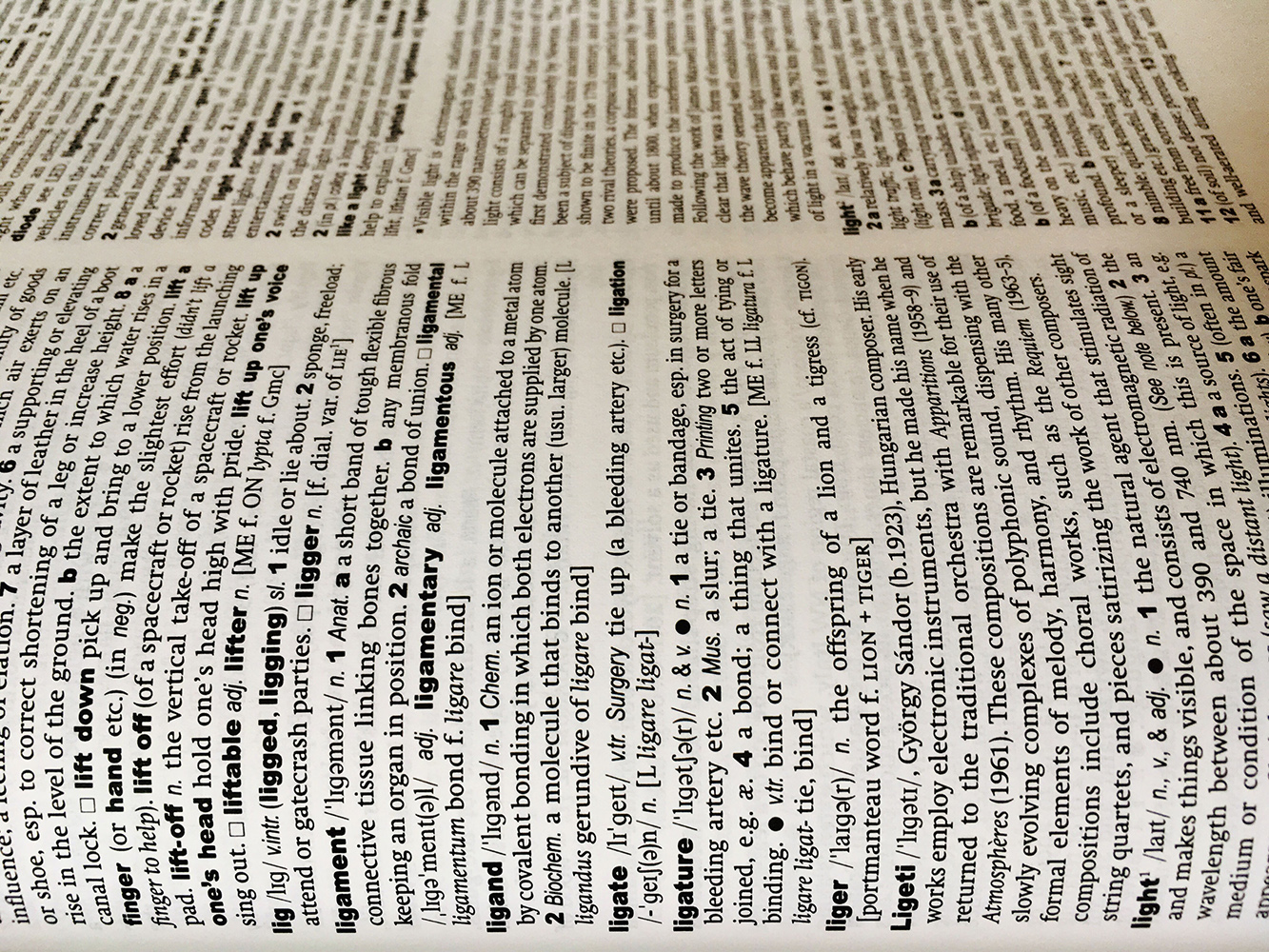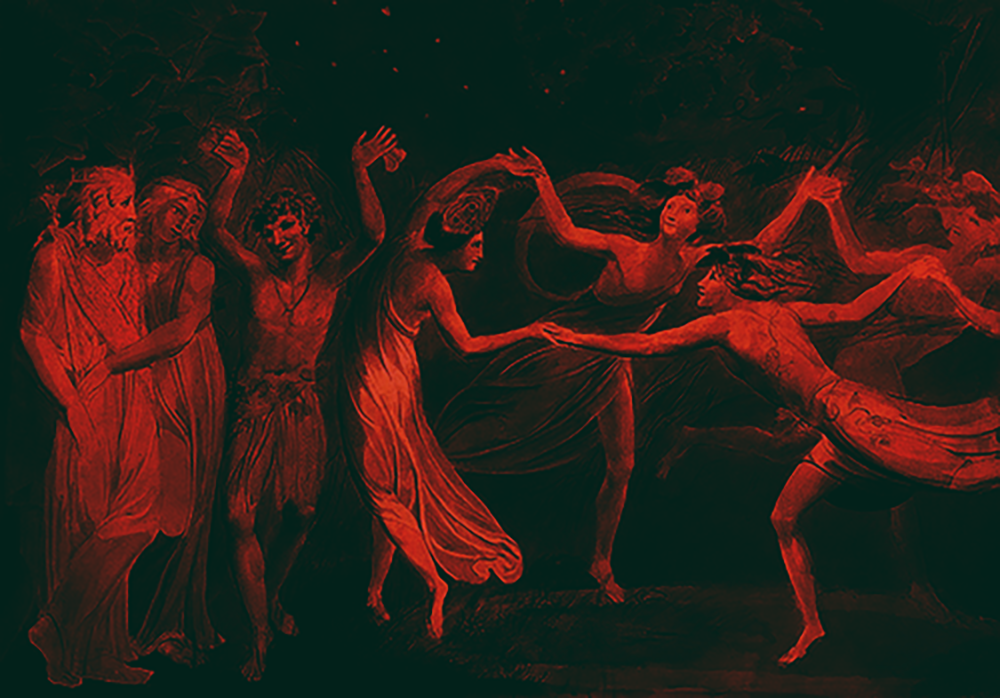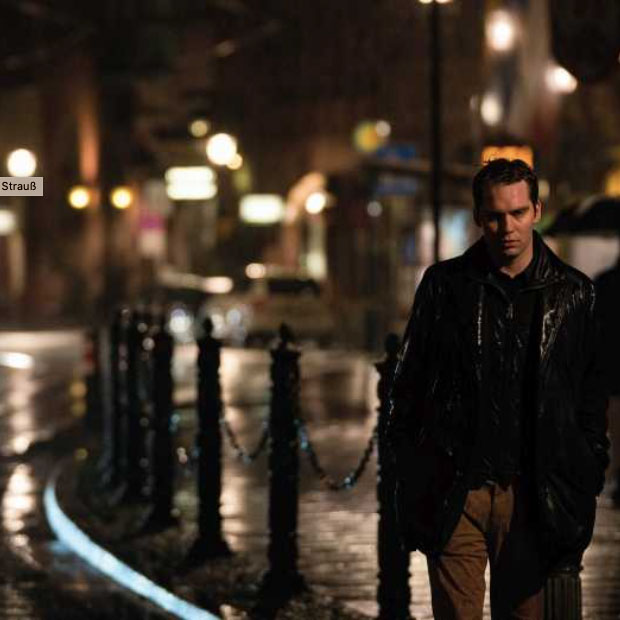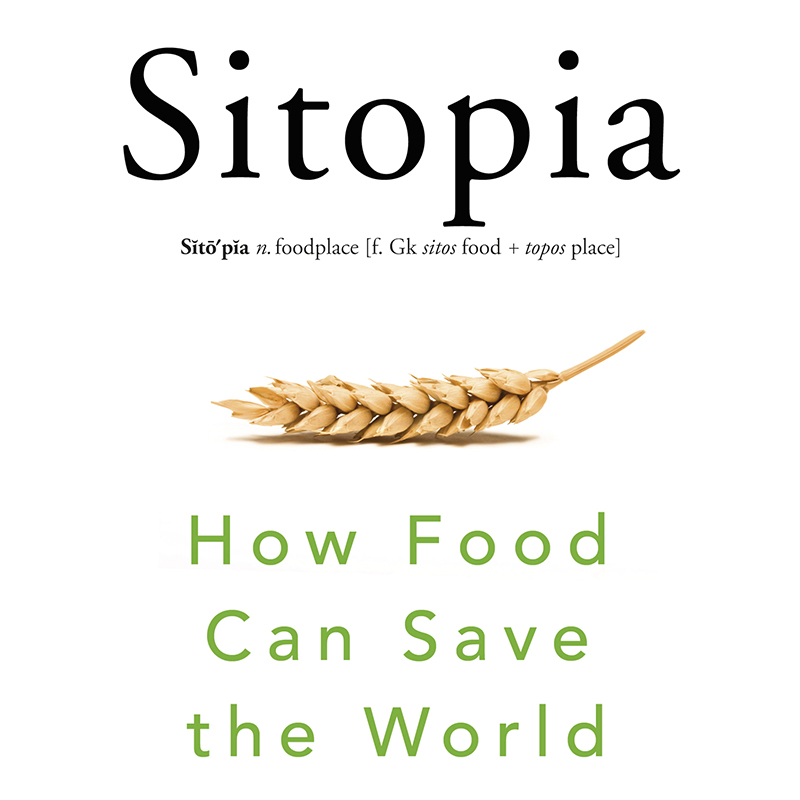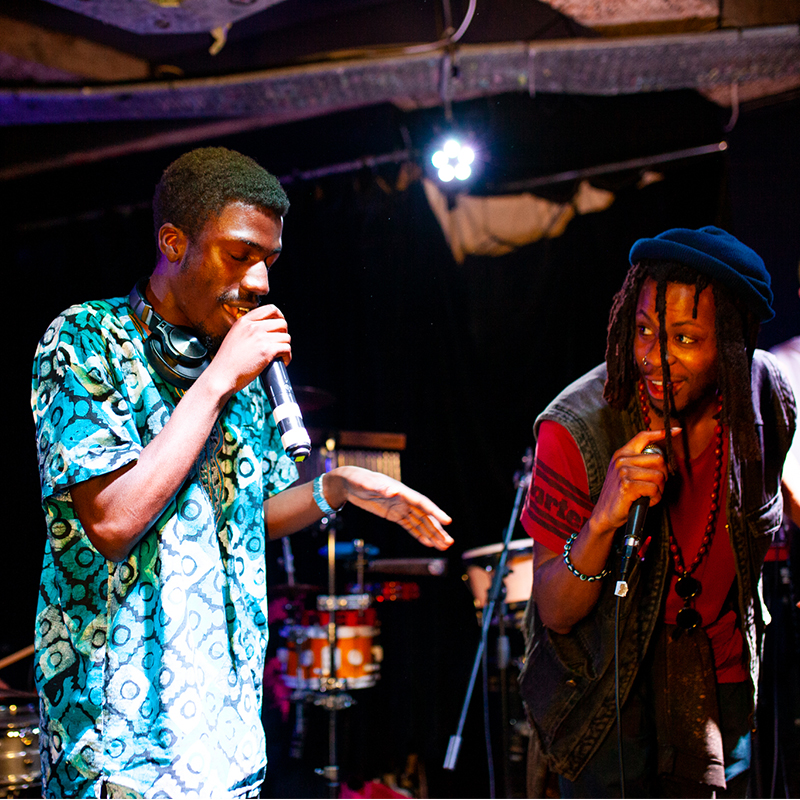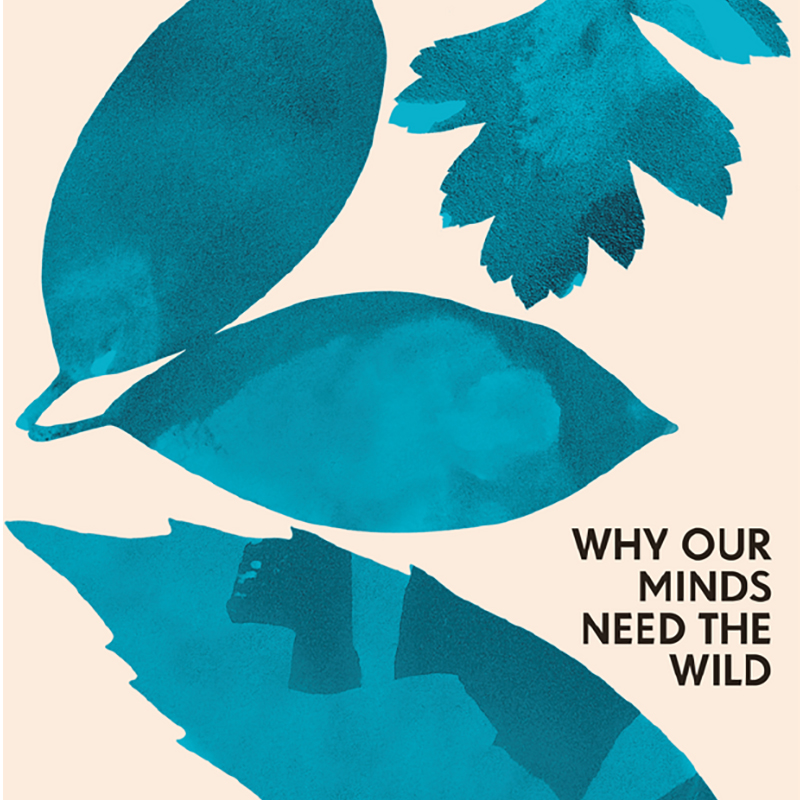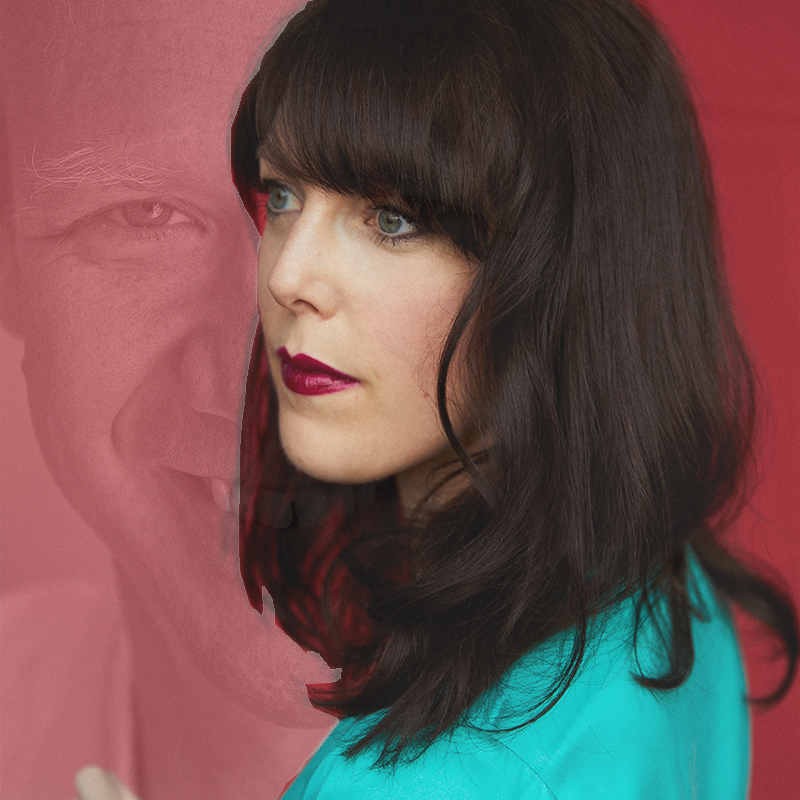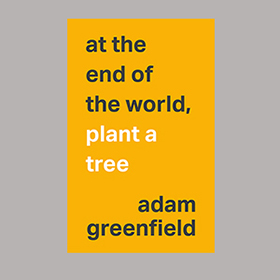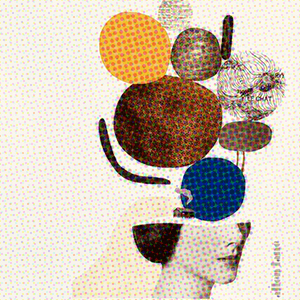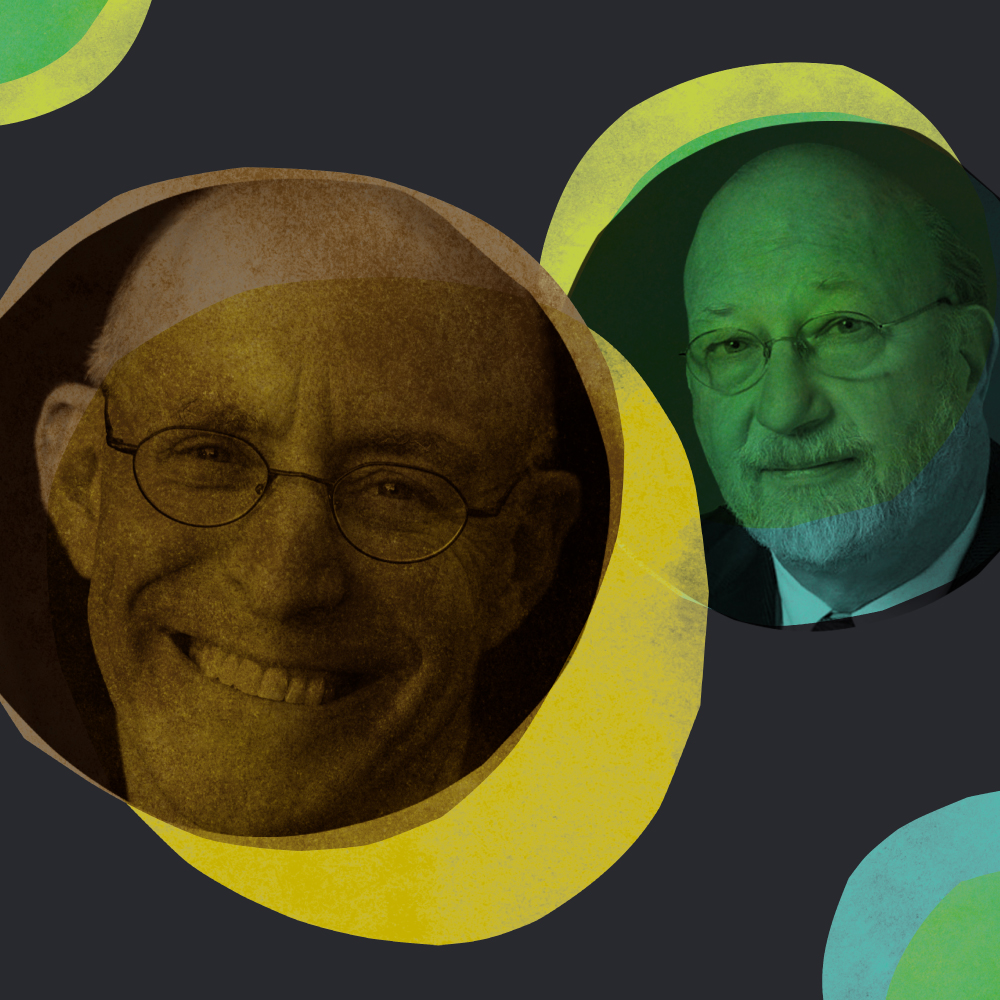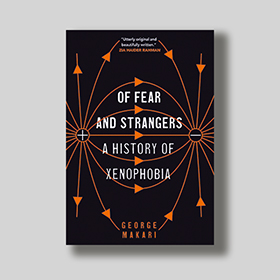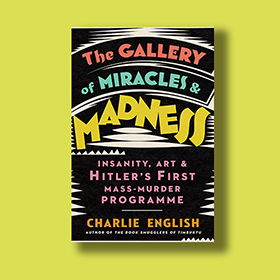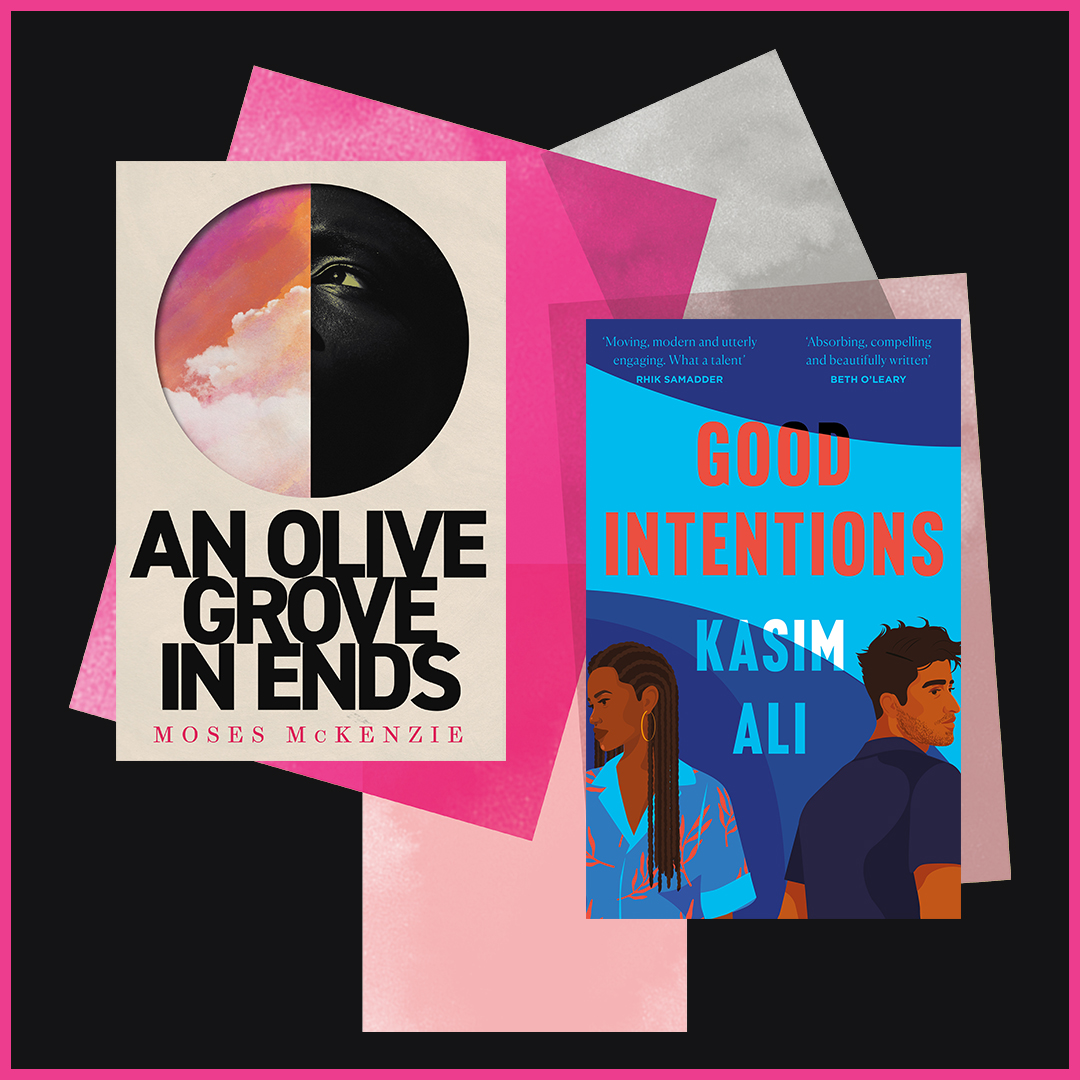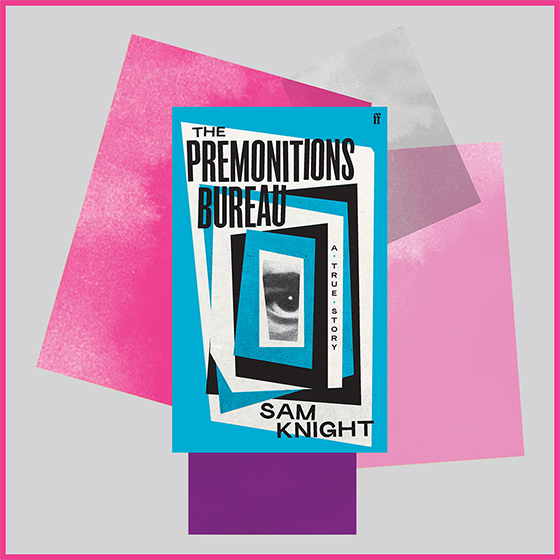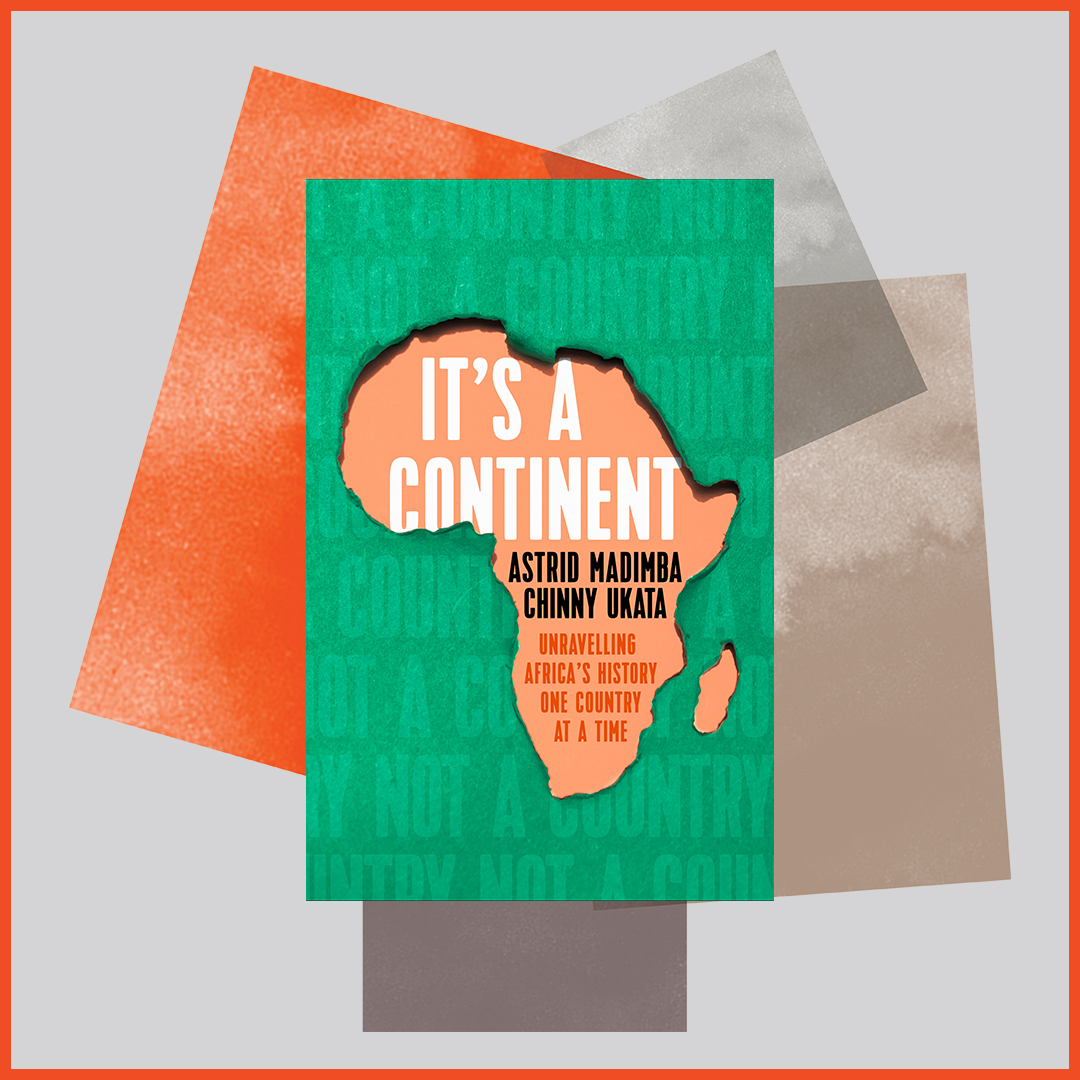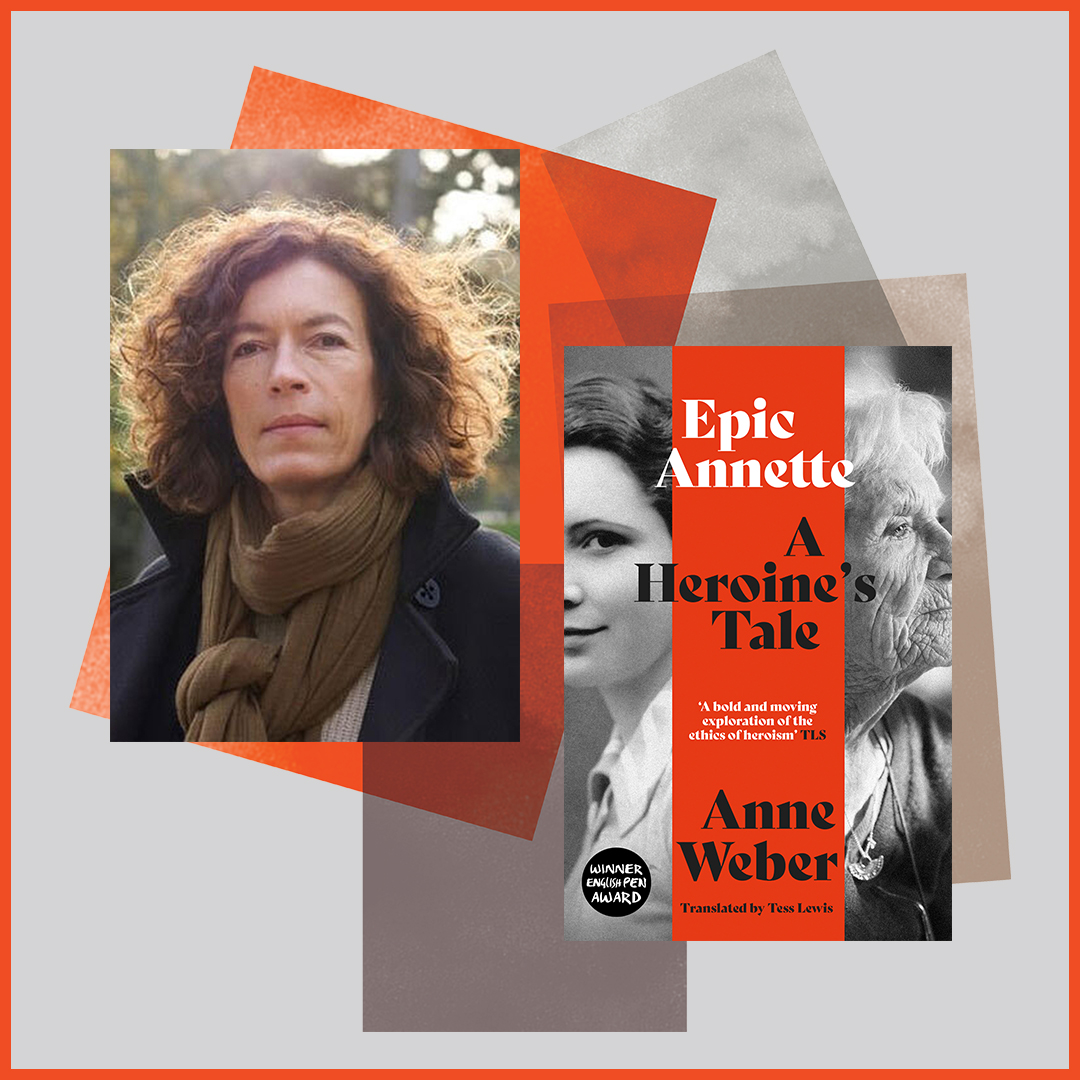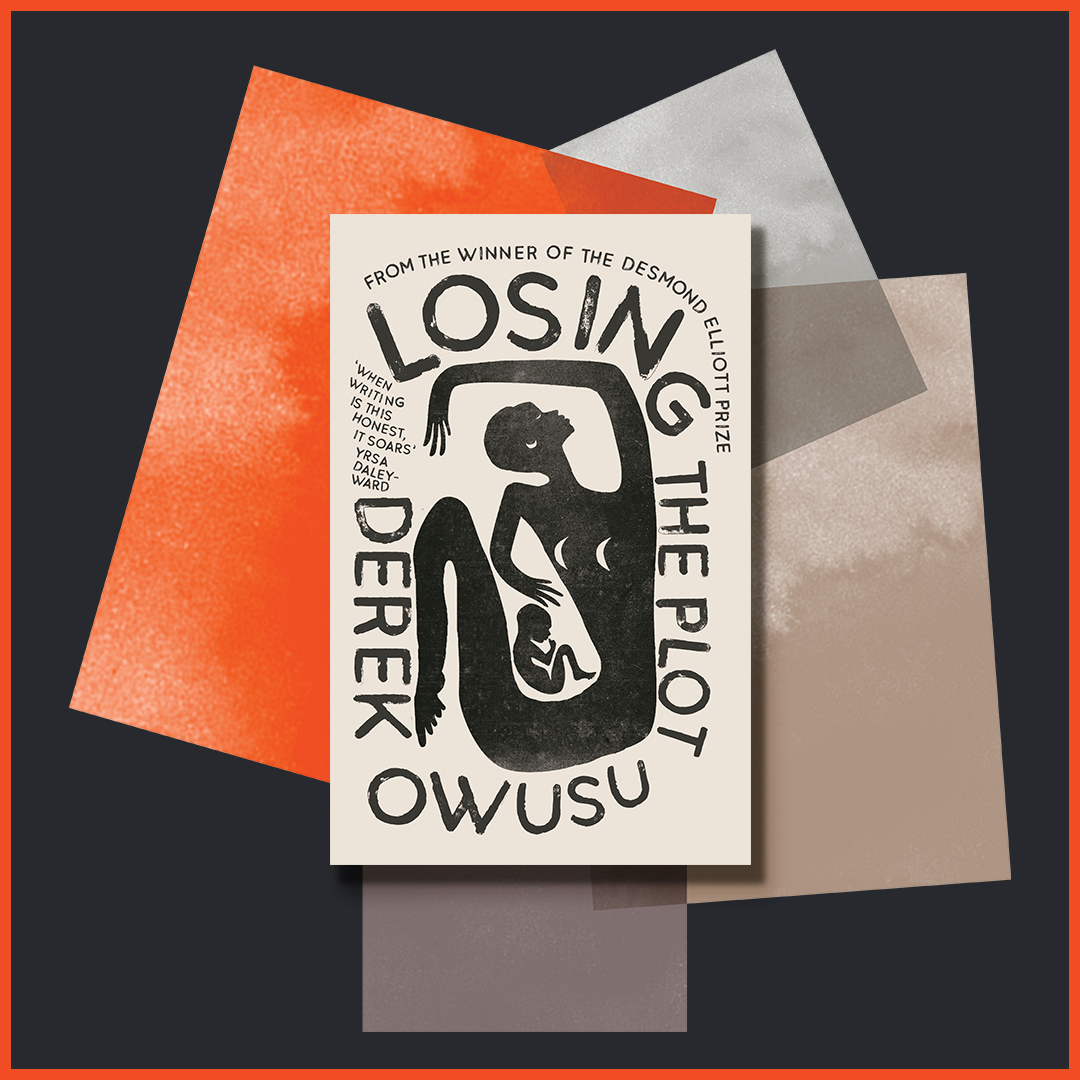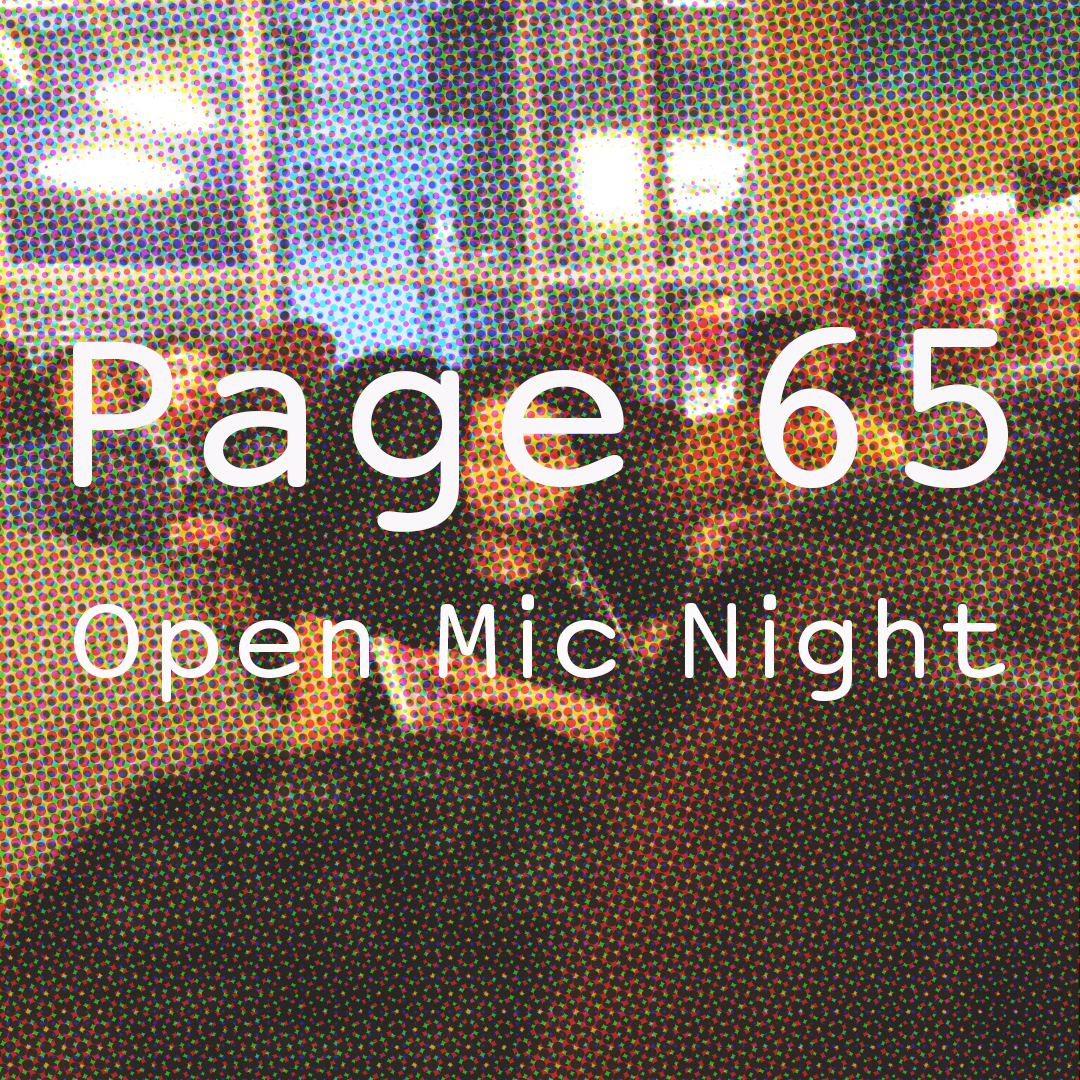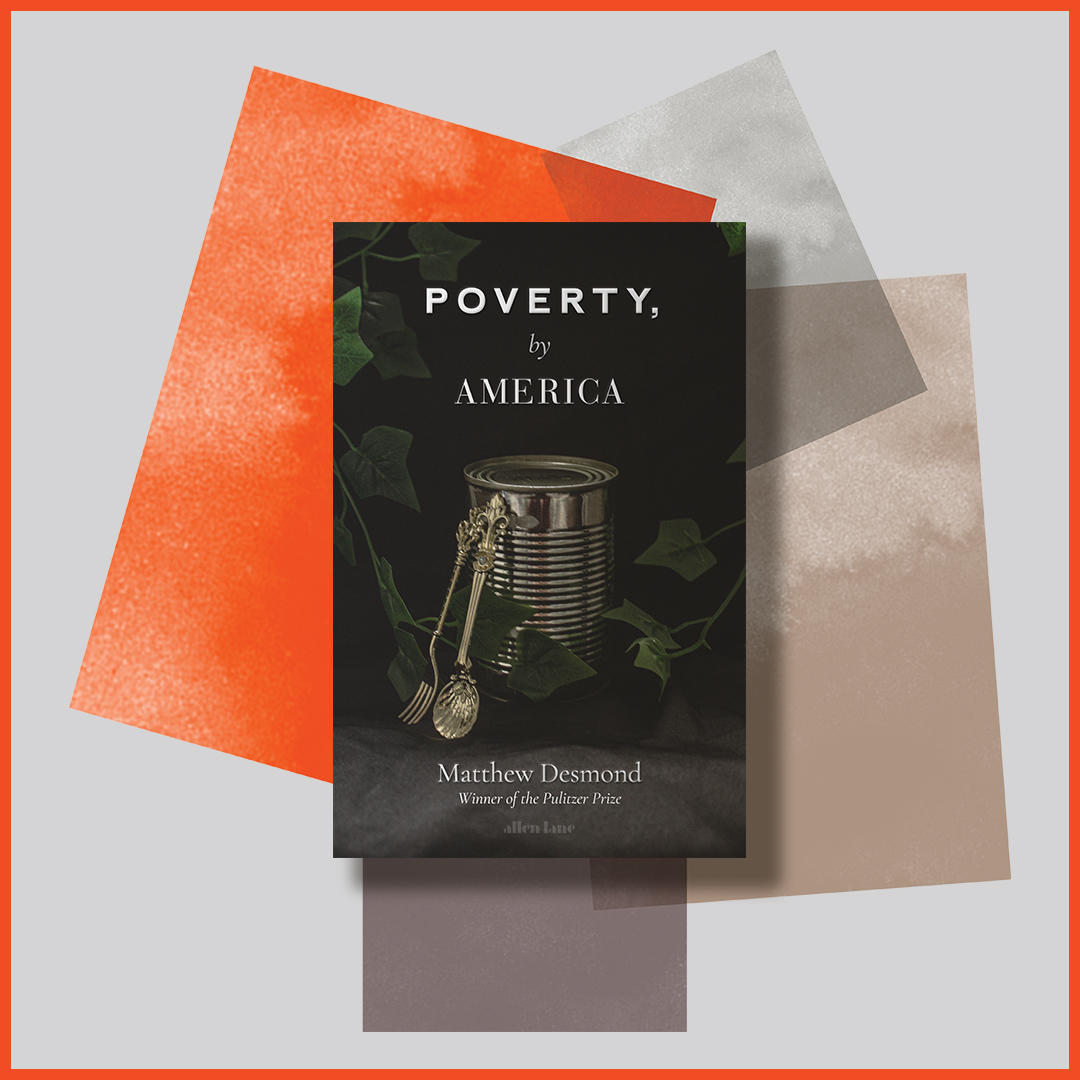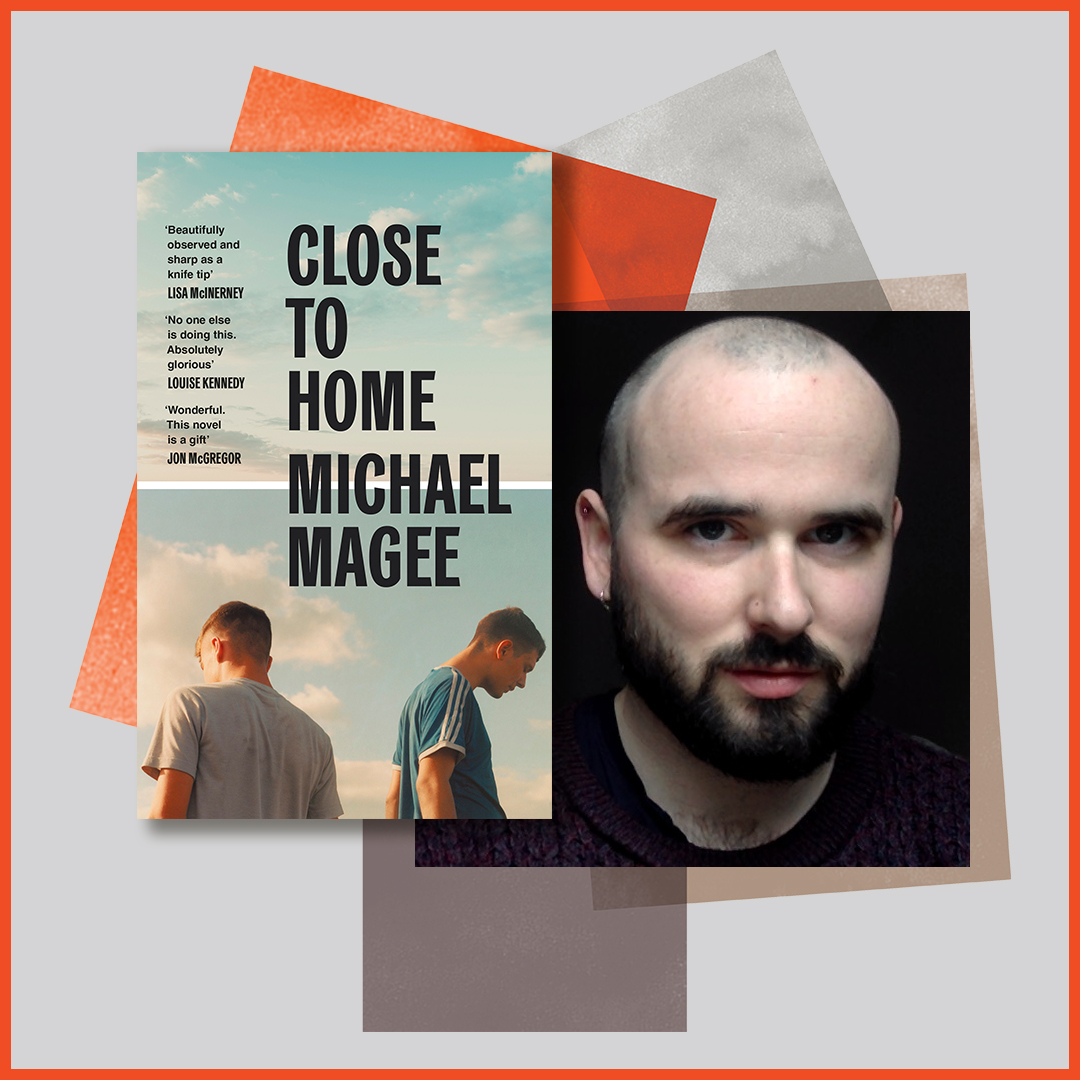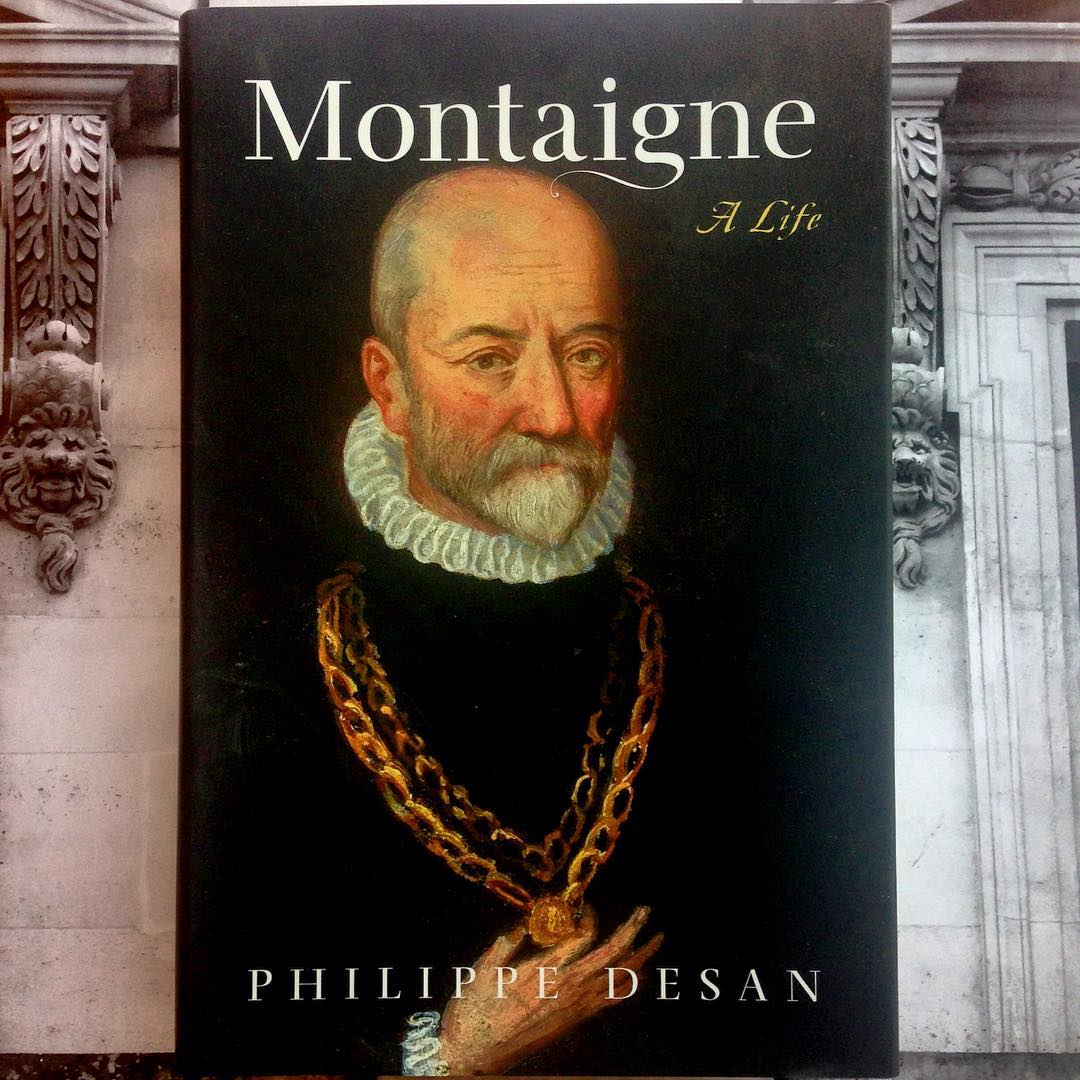
Montaigne: A Life – Philippe Desan Adam Gopnik writing in the New Yorker critique’s Desan’s new biography of the influential writer and thinker Montaigne: “‘Que sais-je?’ ‘What do I know?’ was Montaigne’s beloved motto, meaning: What do I really know? And what do we really know about him now? We may vaguely know that he was the first essayist, that he retreated from the world into a tower on the family estate to think and reflect, and that he wrote about cannibals (for them) and about cruelty (against it). He was considered by Claude Lévi-Strauss, no less, to be the first social scientist, and a pioneer of relativism—he thought that those cannibals were just as virtuous as the Europeans they offended, that customs vary equably from place to place. Though some of his aphorisms have stuck, both funny (Doctors ‘are lucky: the sun shines on their successes and the earth hides their failures’) and profound (‘We are, I know not how, double in ourselves, so that what we believe we disbelieve, and cannot rid ourselves of what we condemn’), he is not really an aphorist. He is, we think, a philosopher, and somehow accounted the father of modern liberalism, though he was aristocratic in self-presentation. We think of him, above all, as we do of Thomas More: a nice guy, an ideal intellect. S. N. Behrman, the American playwright and diarist, began but never finished a heroic play about Montaigne called ‘The Many Men,’ which might have sealed him as the man for all seasons before the other guy got there.” Read the full review here: http://bit.ly/2icRdN8
-
Montaigne: A Life – Philippe Desan
Adam Gopnik writing in the New Yorker critique’s Desan’s new biography of the influential writer and thinker Montaigne:
“‘Que sais-je?’ ‘What do I know?’ was Montaigne’s beloved motto, meaning: What do I really know? And what do we really know about him now? We may vaguely know that he was the first essayist, that he retreated from the world into a tower on the family estate to think and reflect, and that he wrote about cannibals (for them) and about cruelty (against it). He was considered by Claude Lévi-Strauss, no less, to be the first social scientist, and a pioneer of relativism—he thought that those cannibals were just as virtuous as the Europeans they offended, that customs vary equably from place to place. Though some of his aphorisms have stuck, both funny (Doctors ‘are lucky: the sun shines on their successes and the earth hides their failures’) and profound (‘We are, I know not how, double in ourselves, so that what we believe we disbelieve, and cannot rid ourselves of what we condemn’), he is not really an aphorist. He is, we think, a philosopher, and somehow accounted the father of modern liberalism, though he was aristocratic in self-presentation. We think of him, above all, as we do of Thomas More: a nice guy, an ideal intellect. S. N. Behrman, the American playwright and diarist, began but never finished a heroic play about Montaigne called ‘The Many Men,’ which might have sealed him as the man for all seasons before the other guy got there.” Read the full review here: http://bit.ly/2icRdN8
#libreriarecommends #libtryptich #bigboysoftherenaissance #newyorkerreviews #aintnomontaignehighenough
LibreriaMontaigne: A Life – Philippe Desan
Adam Gopnik writing in the New Yorker critique’s Desan’s new biography of the influential writer and thinker Montaigne:
“‘Que sais-je?’ ‘What do I know?’ was Montaigne’s beloved motto, meaning: What do I really know? And what do we really know about him now? We may vaguely know that he was the first essayist, that he retreated from the world into a tower on the family estate to think and reflect, and that he wrote about cannibals (for them) and about cruelty (against it). He was considered by Claude Lévi-Strauss, no less, to be the first social scientist, and a pioneer of relativism—he thought that those cannibals were just as virtuous as the Europeans they offended, that customs vary equably from place to place. Though some of his aphorisms have stuck, both funny (Doctors ‘are lucky: the sun shines on their successes and the earth hides their failures’) and profound (‘We are, I know not how, double in ourselves, so that what we believe we disbelieve, and cannot rid ourselves of what we condemn’), he is not really an aphorist. He is, we think, a philosopher, and somehow accounted the father of modern liberalism, though he was aristocratic in self-presentation. We think of him, above all, as we do of Thomas More: a nice guy, an ideal intellect. S. N. Behrman, the American playwright and diarist, began but never finished a heroic play about Montaigne called ‘The Many Men,’ which might have sealed him as the man for all seasons before the other guy got there.” Read the full review here: http://bit.ly/2icRdN8
#libreriarecommends #libtryptich #bigboysoftherenaissance #newyorkerreviews #aintnomontaignehighenough



